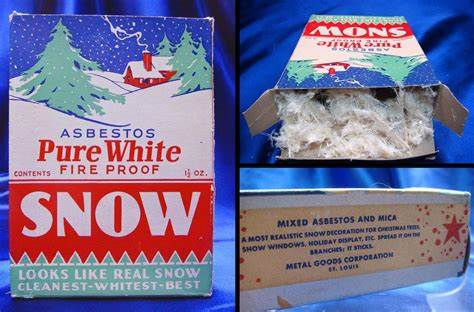Electrical Safety
- Anna Hayford

- Mar 31, 2019
- 2 min read
Electricity surrounds us in all facets of life and work. In most scenarios, electricity is managed properly and we are protected from harm. However, electricity can result in serious injury and even death if not controlled and/or workers are not aware of the risk of exposure.
A True Isett Story:
A previous employee of Isett was tasked with assessing the structural condition of some floor framing in a residence. Below the floor was a crawl space, which was easily accessed and egressed via a full basement; however, the engineer wanted access to a few suspect joists at the far end of the crawl space.
The engineer was using an awl to probe the joists to determine if rot or insect damage had impacted them. This engineer reached around the far side of a joist and probed into the side that they could not see.
The awl entered a knob-and-tube electrical conduit and the engineer was seriously shocked. Since the engineer was laying on his side, the electrical path avoided going through the heart and resulting in a fatal accident.
However, the shock still caused some temporary concussion symptoms and resulted in a trip to the hospital.
Things to Remember:
Always inspect your work area prior to working
Report unsafe or questionable conditions to your supervisor
Have tools available to assist with inspecting your work area if there are unknown conditions
Never step on a live wire or pull a plug out too fast—even a small amount of electricity can cause harm.
Electricity's biggest risk? Fire. Keep this in mind, especially on outdoor sites
Field Safety Checklist Items:
Use only equipment that is properly grounded or double-insulated
Do not overload outlets. Do not plug multi-outlet bars to other multi-outlet bars;
Only use equipment that has been approved by a national testing laboratory (UL)
Minimize the use of extension cords. Do not plug two extension cords together;
Unplug or disconnect machines before servicing or repairing, and check to make sure the machine is actually disconnected and turned off prior to service
Do not ignore warning signs. If an item feels hot, makes an unusual noise (buzz or hum), smokes or sparks, take it out of service immediately and tag it “Do Not Use”
Cover or guard any exposed electrical components or wires, and make sure employees are aware of any hazards.


